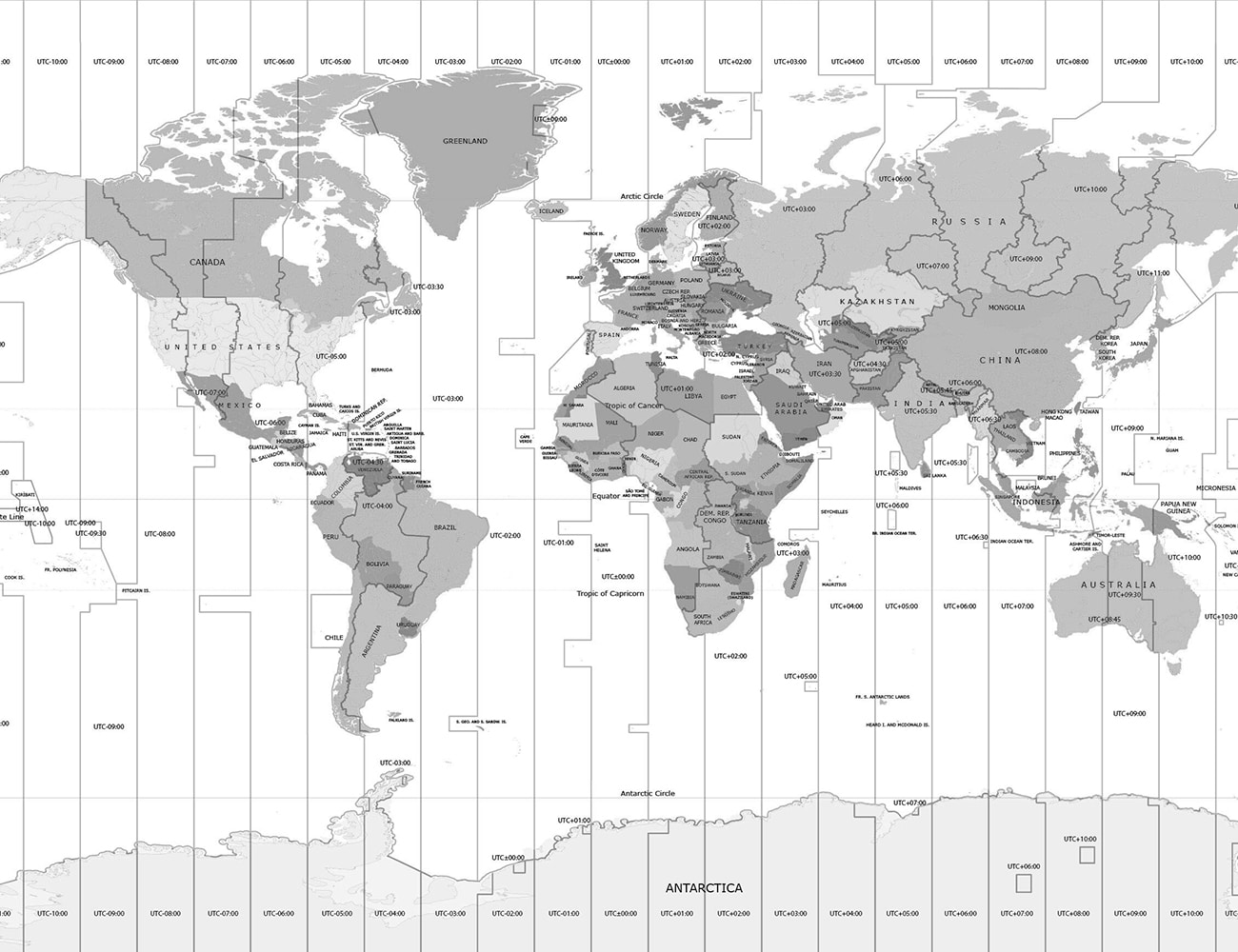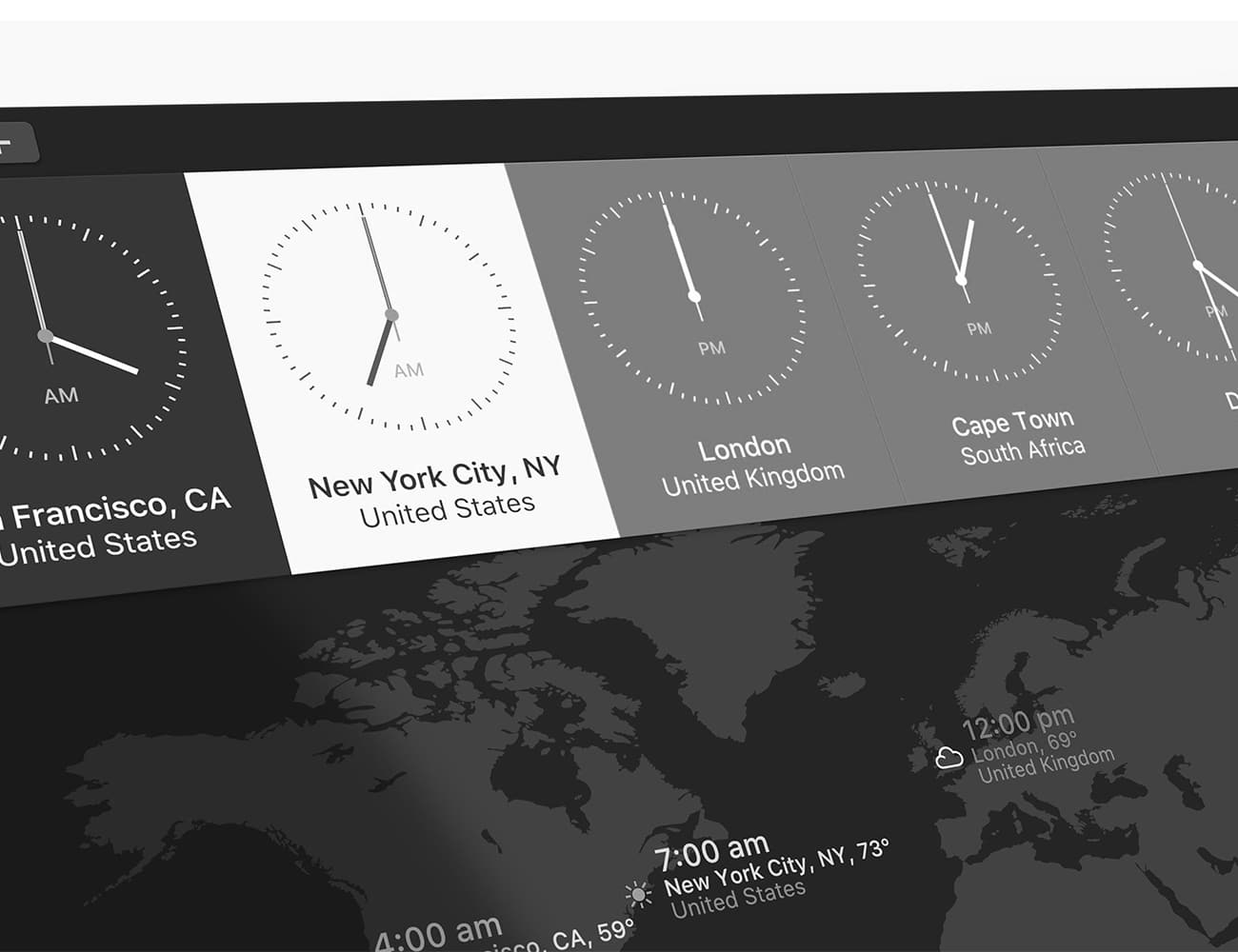Navigating Time Zones in Tanzania, Africa: A Traveler’s Essential Handbook
Heading to Tanzania, Africa? Get ready to navigate through the diverse time zones that this beautiful country offers. In this travel handbook, we’ll equip you with all the essential information you need to make sure you steer clear of any time-related confusion.
The time zone in Tanzania Africa spans multiple time zones due to its vast size, covering Eastern Africa, including the famous Serengeti National Park and Kilimanjaro, the highest peak in Africa. Understanding the local time zone variations is crucial for managing your travel itinerary effectively.
Understanding the concept of time zones
Time zones are areas of the Earth that have the same standard time. They are determined by the Earth’s rotation and are roughly 15 degrees of longitude wide. The concept of time zones was introduced to standardize time across different regions, making it easier for people to coordinate activities and travel.
Tanzania Africa time zone can vary depending on the region you are in. The country follows East Africa Time (EAT), which is 3 hours ahead of Coordinated Universal Time (UTC+3). However, there are some regions in Tanzania that may have slight time differences due to geographical factors.

Overview of time zones in Tanzania
Tanzania is divided into three main time zones: East Africa Time (EAT), East Africa Time +1 (EAT+1), and East Africa Time +2 (EAT+2). The majority of the country follows EAT, which is UTC+3. This includes popular destinations like Dar es Salaam, Zanzibar, and Arusha.
In some regions, such as the western part of Tanzania near Lake Tanganyika, the time zone shifts to EAT+1, which is UTC+2. This is due to the fact that these areas are closer to the Greenwich Meridian. Additionally, the islands of Mafia and Pemba in Zanzibar also follow EAT+1.
Lastly, on the border with Burundi and Rwanda, there is a small area in the northwest of Tanzania that follows EAT+2, which is UTC+1. This is done to align with the time zones of the neighboring countries.
Challenges of navigating time zones in Tanzania
Navigating the time zone in Tanzania Africa can be challenging, especially if you are traveling across different regions with varying time differences. It is important to plan ahead and be aware of the time zone changes to avoid any confusion or potential disruptions to your itinerary.
One of the main challenges is keeping track of the time differences between different regions. If you are traveling from Dar es Salaam to Arusha, for example, you will need to adjust your watch or phone to account for the one-hour time difference. This is crucial to ensure you are on time for any scheduled activities or transportation.
Another challenge is dealing with daylight saving time changes. Tanzania does not observe daylight saving time, so the time remains consistent throughout the year. However, neighboring countries such as Kenya and Uganda do observe daylight saving time, which can create confusion if you are traveling across borders.
Tips for managing time zone differences while traveling in Tanzania
To effectively manage the Tanzania Africa time zone, here are some tips to keep in mind:
- Plan ahead: Research the time zones of the regions you will be visiting and make adjustments to your schedule accordingly. Take into account any time differences when booking flights, accommodations, and activities.
- Set reminders: Use your phone or a travel app to set reminders for time zone changes. This will help you stay organized and ensure you don’t miss any important appointments or connections.
- Keep a world clock: Carry a watch or use a world clock app on your phone to easily track the local time and time differences. This will save you from constantly calculating the time in your head and reduce the chances of confusion.
- Communicate with locals: If you are unsure about the local time or any time zone differences, don’t hesitate to ask the locals for assistance. They will be familiar with the time zones in their region and can provide valuable guidance.
- Be flexible: Allow for some flexibility in your schedule to account for any unexpected time zone changes or delays. This will help you navigate any potential disruptions with ease and make the most of your time in Tanzania.
Recommended tools and resources for tracking time zones in Tanzania

Fortunately, there are several tools and resources available to help you track time zones in Tanzania accurately. Here are some recommendations:
- World Clock Apps: Download a world clock app on your phone, such as Time Buddy or World Clock Time Zone, which allows you to easily track multiple time zones simultaneously. These apps often have features like alarms and widgets to keep you informed about the time differences.
- Online Time Zone Converters: Use online time zone converters like TimeandDate.com or WorldTimeServer.com to quickly convert the time between different regions in Tanzania. Simply input the locations and the converters will display the corresponding times.
- Travel Guides and Websites: Consult travel guides and websites that provide information on time zones in Tanzania. Lonely Planet and TripAdvisor are excellent resources that offer reliable and up-to-date information on various travel-related topics, including time zones.
- Local Time Announcements: Pay attention to local time announcements or updates provided by airlines, tour operators, or accommodations. They often inform you about any changes or adjustments to the local time, allowing you to stay informed and plan accordingly.
Cultural considerations when dealing with time zones in Tanzania
When navigating the time zone in Tanzania Africa, it is important to be mindful of the local culture and customs. Here are a few cultural considerations to keep in mind:
- Punctuality: Tanzanian culture values punctuality, so it is important to be on time for any scheduled activities or meetings. Make adjustments for time zone differences and aim to arrive a few minutes early to show respect for the local customs.
- Greeting Etiquette: When greeting someone, it is customary to ask about the time of day. Common greetings include “Good morning,” “Good afternoon,” and “Good evening.” Being aware of the local time will allow you to greet people appropriately.
- Respecting Prayer Times: Tanzania has a significant Muslim population, and it is important to be aware of the local prayer times. During prayer times, some businesses and services may temporarily close or operate at reduced hours. Respect these cultural practices and plan your activities accordingly.
Common mistakes to avoid when navigating time zones in Tanzania
While navigating the Tanzania Africa time zone, it is easy to make mistakes that can disrupt your travel plans. Here are some common mistakes to avoid:
- Assuming consistent time: Don’t assume that all regions in Tanzania follow the same time zone. Be aware of the time zone differences between different regions and adjust your schedule accordingly.
- Forgetting about daylight saving time: Tanzania does not observe daylight saving time, but neighboring countries do. If you are traveling across borders, be mindful of any time changes that may occur.
- Relying solely on your internal clock: Avoid relying solely on your internal clock to determine the local time. Factors like fatigue, jet lag, and unfamiliar surroundings can easily throw off your internal sense of time. Always refer to a reliable timekeeping device or app.
- Not accounting for travel time: When planning your itinerary, consider the time it takes to travel between different regions. Take into account any time zone changes and factor in travel time to avoid rushing or missing out on activities.
Time zone etiquette for travelers in Tanzania
As a traveler in Tanzania, it is important to be respectful of the local time zone etiquette. Here are some tips to keep in mind:
- Arrive on time: Respect the local culture by arriving on time for any scheduled activities or meetings. This shows your appreciation for the local customs and helps create a positive impression.
- Be patient: If there are any delays or disruptions due to time zone differences, remain patient and understanding. Traveling often comes with unexpected challenges, and maintaining a positive attitude will make the experience more enjoyable.
- Adapt to the local rhythm: Embrace the local time zone and adapt to the local rhythm of life. Take the opportunity to slow down, immerse yourself in the local culture, and enjoy the unique experiences Tanzania has to offer.
Final thoughts
Navigating the time zone in Tanzania Africa may initially seem daunting, but with the right preparation and awareness, it can be easily managed. Understanding the various time zones, planning ahead, and utilizing the recommended tools and resources will ensure a smooth and stress-free travel experience.
Embrace the diversity of Tanzania’s time zones and use them to your advantage. Immerse yourself in the vibrant culture, breathtaking landscapes, and incredible wildlife that this captivating country has to offer. With this essential handbook, you are well-equipped to make the most of your time in Tanzania and create unforgettable memories. Happy travels!
For more articles related to Geography of Tanzania, click here!

































